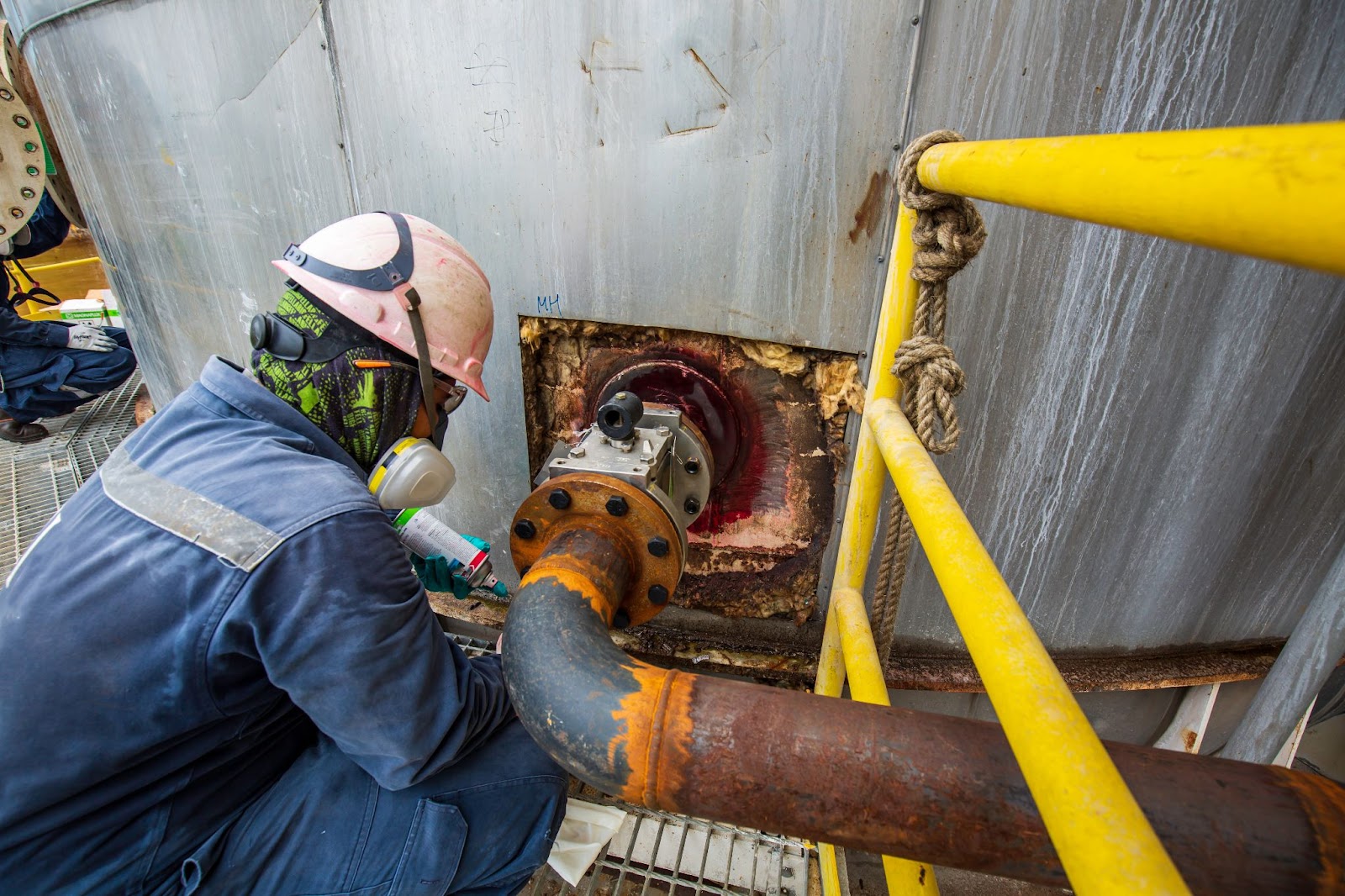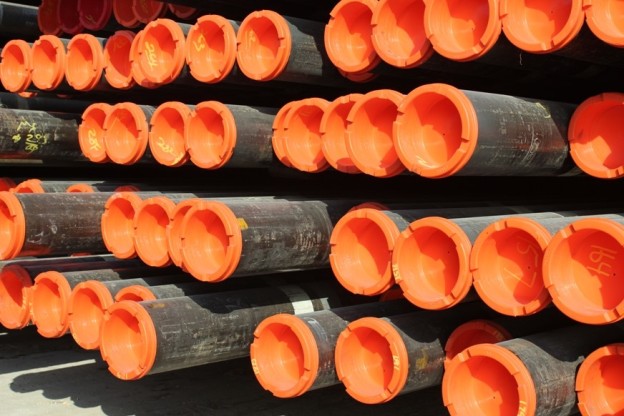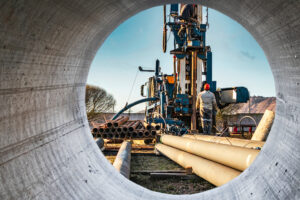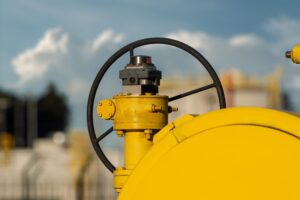
The oil and gas industry involves a lot of heavy machinery and mega projects, but the core of the industry uses many tubuluars and pipe. Every project involves pipes, and the integrity of the plain end and threaded pipe is a vital part of maintaining overall safety.
That’s why there are specific standards for how products can be made to protect pipe threading and ensure a perfect seal every time a new pipe is installed. Here is a deeper look at the importance of quality assurance standards for pipe protection.
Why is Pipe Protection Important?
The threading on a pipe is its weakest point. Threading must be refined to within a fraction of a millimeter and must match adjoining pipes to get a perfect seal. If the threading is damaged, the seals will be weak, leading to leaks or catastrophic failures under pressure.
Pipe protection devices are used to make sure that the fine detail work that creates accurate pipe threading is not ruined before the pipe is used. Transporting pipes can be a rough and difficult job, but having the proper thread protector in place ensures pipes reach their destination without flaws.
Learn more about what quality means in OCTG products
Which Quality Assurance Standards Apply to Pipe Protection Products?

The American Petroleum Institute (API) sets the standards for pipe protection devices used in the North American oil and gas industry. To date, API has over 500 standards used to develop equipment, including pipe protection and pipes.
Companies that adhere to these standards make products of higher quality and can be used on any brand or make of pipe that matches the corresponding API standards.
In short, it ensures that the protective equipment made for the oil in gas industry accurately fits and works on the pipes made for the industry. A better fit means better protection.
Read more to see how meeting API standards impact your bottom line.
Benefits of Choosing Higher Quality Pipe Protection Products
Companies have choices for which pipes and pipe protection products they use, but there are advantages to choosing higher quality protection products for your pipe.
Higher quality products lead to increased reliability. They are made with a higher focus on accuracy and standards compliance, meaning they are of better quality. This also means that they are more durable. In pipe protection systems, this means you can reuse pipe protectors for extended periods before they wear out. They have a lower failure rate, increasing their value over poor-quality options.
See MSI’s full catalog of OCTG pipe protection products.

Choose MSI’s Standards-Compliant Pipe Protectors
MSI only makes API standards-compliant caps and thread protectors. Our products are specifically designed to protect pipes used in the oil and gas industry. Not only that, but we also use ISO 9001-compliant quality control systems to ensure a consistently reliable product at all times. Learn more about how MSI products can help you by contacting us at 1-877-276-9208.




